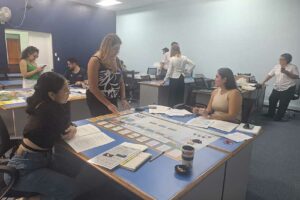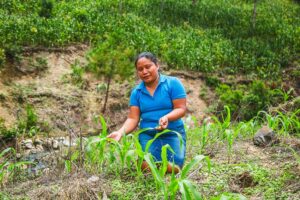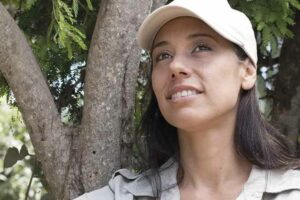Young leaders train in forest landscape restoration through sustainable business models
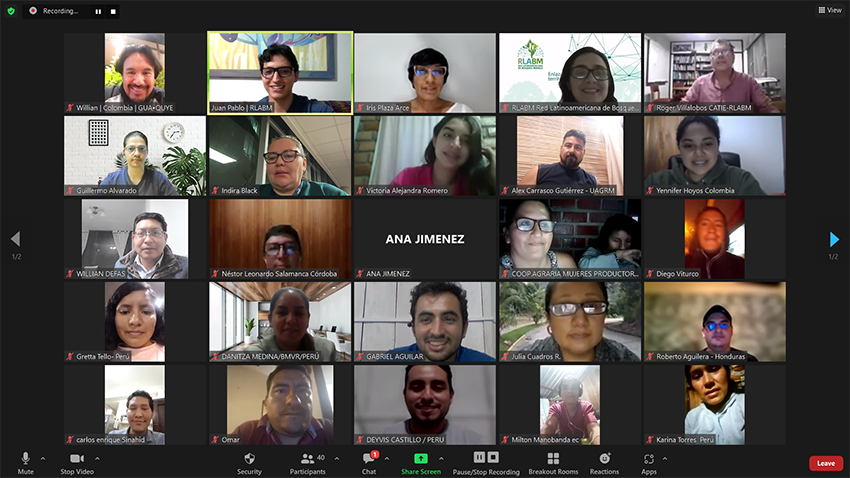
- Participants in the virtual course presented successful cases such as the development of ecotourism in protected areas managed by communities, family enterprises and agro-forestry projects.
April 4, 2023. Forest restoration is presented as one of the most promising strategies to address the main environmental problems of our times. To ensure the long-term sustainability of this socio-ecological process, it is necessary to have sufficient human, technical and financial resources. For this reason, innovative ideas that generate sustainable business models have been proposed as a strategy to restore forest landscapes.
In this context, the Climate Action Unit of CATIE (Tropical Agricultural Research and Higher Education Center) and the Latin American Model Forest Network (RLABM, its Spanish acronym) developed the 'Virtual Course on Sustainable Business as part of forest landscape restoration strategies' within the framework of the RESTAURaction III Project, financed by the Government of Canada and implemented by the Latin American Model Forest Network (RLABM).
The course was held from January 30 to March 10, 2023, covering a broad range of topics to understand basic concepts of landscape restoration and its link to sustainable business, from ecology and territorial governance, to business models, bioeconomics, regenerative agriculture, and financial considerations for restoration.
There was also an exchange of experiences among the participants, where successful cases such as the development of ecotourism in protected areas managed by communities, family enterprises, agro-forestry projects, among others, were presented.
Environmental engineer Juan Pablo Rodríguez Garavito, a recent graduate of CATIE's Master's program in Management and Conservation of Tropical Forests and Biodiversity in the class of 2022, was the course coordinator.
"All of us who were involved in the development of this virtual training program were able to structure a business model with the tools provided by the speakers. For which, we emphasized the Model Forest governance platform and the benefits that networking can bring, especially in rural areas of Latin America. With all of this, we believe that integral personal development objectives can be achieved while caring for and restoring the life that makes up the planet," said Rodriguez.
Virtual mode
The virtual modality has proven to offer sufficient flexibility so that those accepted in the course can access the sessions from their places of origin. The scope of this first version of the course was 107 registrants, for a total of 73 accepted. Seven countries were represented: Bolivia, Colombia, Costa Rica, Ecuador, Honduras, Paraguay and Peru. In terms of gender representation, 39 women (53%) and 34 men (47%) attended.
The target audience of the course was young leaders (women and men) of territorial management processes, mainly from Model Forest platforms, people who promote restoration processes that link communities and organized groups, as well as managers of productive business initiatives that contribute to landscape restoration.
The training focused on understanding the meaning and potential of forest landscape restoration to build sustainability in times of climate change. In addition, the real or potential link between business and forest landscape restoration was addressed, the characteristics of a sustainable business and a business model for restoration were presented, and productive experiences linked to landscape restoration were shared.
CATIE made its knowledge and experience in ecological restoration processes available to the young leaders of the region. Thanks to the conceptual basis that CATIE's professors and researchers provided during the course, an exchange of sustainable business experiences among the participants was favored.
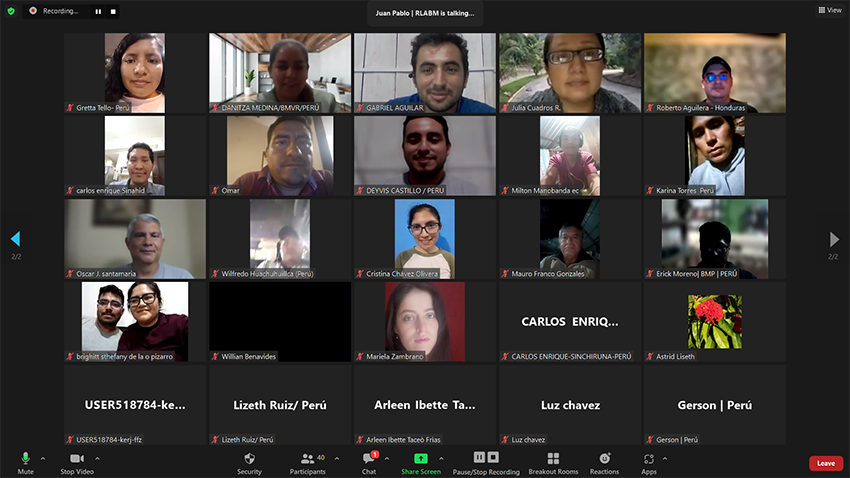
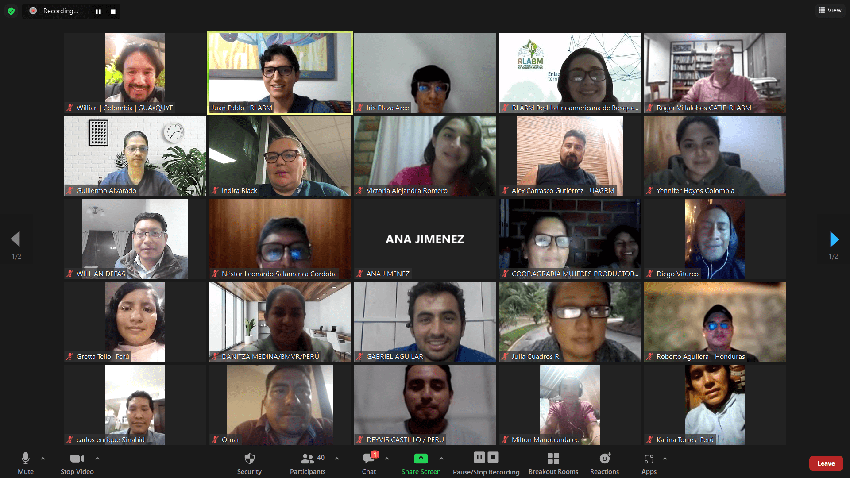
Written by:
Esteban Rodríguez Zamora
Tel: (506) 2558 2074
Communicator
Information Technology and Communication

